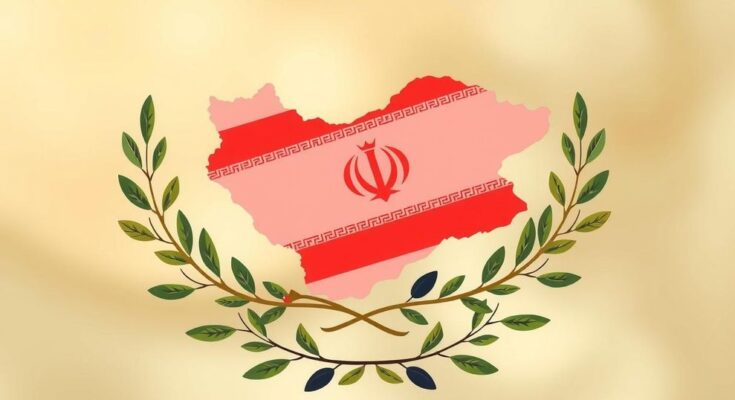Ayatollah Ali Khamenei has appointed Naim Qassem as his representative in Lebanon, succeeding the late Hassan Nasrallah. This role allows Qassem to manage religious and non-litigious matters for Khamenei. Hezbollah, part of the Iran-backed “axis of resistance,” will hold public memorials for both Nasrallah and another leader, Hashem Safieddine, in February 2024, marking significant leadership transitions within the organization.
Iran’s Supreme Leader, Ayatollah Ali Khamenei, has appointed Hezbollah leader Naim Qassem as his official representative in Lebanon, according to reports from Iranian media outlets. The Tasnim news agency announced that this appointment enables Qassem to manage religious affairs and address non-litigious matters on behalf of Khamenei in Lebanon. This appointment follows the death of Hezbollah’s previous leader, Hassan Nasrallah, who was reportedly killed in an Israeli air strike last September.
Hezbollah, known to be part of the “axis of resistance,” is an alliance composed of armed groups that are supported by Iran and opposed to Israel and its ally, the United States. Khamenei, as the final authority on all state matters in Iran, appoints representatives across the country to oversee various responsibilities, including the collection of religious funds. Following the death of Hashem Safieddine, who was poised to be Kassem’s successor, Kassem was designated as Hezbollah’s leader in October 2023.
A public ceremony is scheduled by Hezbollah for February 23 to honor both Nasrallah and Safieddine, which was delayed for safety concerns until after a fragile ceasefire with Israel was established in late November. This event signifies the importance of these leadership changes within the organization and their implications for regional dynamics.
The appointment of Naim Qassem by Ayatollah Khamenei highlights Iran’s strategic interests in Lebanon through Hezbollah, a key component of Iran’s regional influence. The “axis of resistance” illustrates the coalition of armed entities that operate under Iranian support, reinforcing Iran’s position against Israel and U.S. interests in the Middle East. The leadership transition following the deaths of Nasrallah and Safieddine also draws attention to the power dynamics within Hezbollah and potential shifts in its operational directives.
In conclusion, Ayatollah Khamenei’s designation of Naim Qassem as his representative in Lebanon underscores Iran’s continued influence in the region through Hezbollah. This decision, made in the wake of significant leadership losses, marks a pivotal moment for the organization as it seeks to reinforce its position amidst ongoing conflicts with Israel. The upcoming public ceremonies further reflect the organizational resilience and the need for a unified front in the face of external challenges.
Original Source: www.hindustantimes.com




